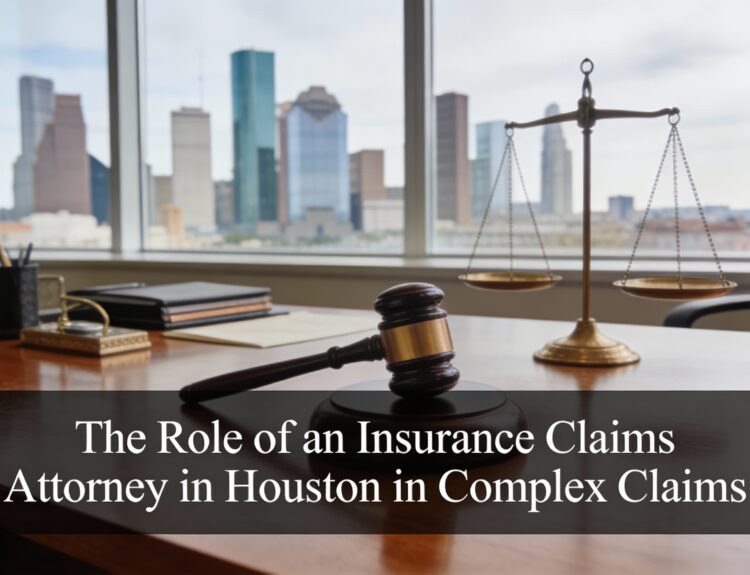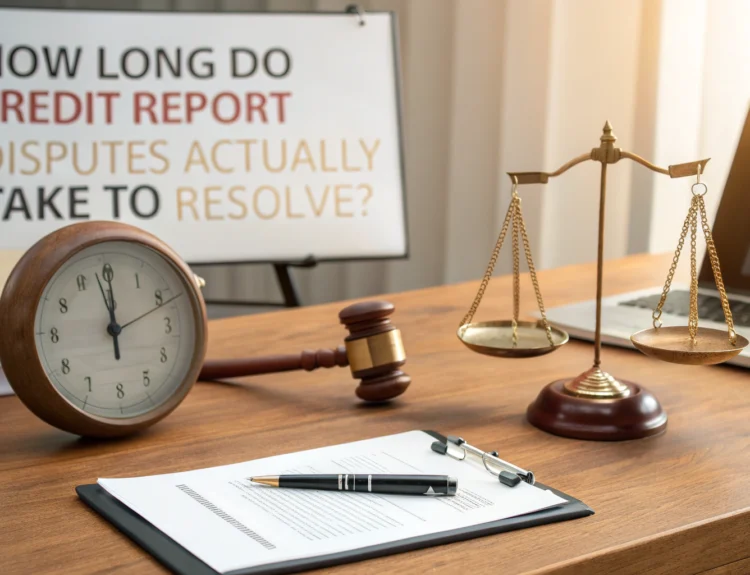When you finally realize you are in financial trouble and consult an attorney for bankruptcy help, you may be frustrated, overwhelmed, and at your wit’s end. Getting into financial hardship is easy, but getting out can be another story. The emotional toll that financial strain can cause can be overwhelming until you realize bankruptcy could be the solution that leads you to the road of financial health.
Forget the negativity that you’ve heard about bankruptcy. Sure, bankruptcy is the last avenue you ever wanted to take, but financial woes can happen to the best of us, and what matters now is recovering. Bankruptcy is the debt relief solution powerful enough to guide you out of financial turmoil, clearing the path so you can trek a stable financial road ahead.
Layton Law bankruptcy lawyers can take care of the hard work so you finally have a moment to clear your mind, breathe a sigh of relief, and understand that, from this point forward, everything is going to be fine.
Contents
What is Bankruptcy?
Bankruptcy is a legal debt relief solution for those who cannot pay their debtors and do not see any other way to regain their financial stability and the peace of mind it brings.
When you decide to file for bankruptcy protection, a judge in a U.S. bankruptcy court will hear the facts of the case and approve or deny the request. If you meet eligibility requirements as discussed with your attorney, expect the judge to approve your request.
There are six main chapters of Bankruptcy in the U.S., although individuals almost always file Chapter 7 or Chapter 13 bankruptcy.
Chapter 7 bankruptcy is often called “liquidation bankruptcy.” Under this filing, individuals can discharge most unsecured debts and start financially fresh. Under Chapter 13 bankruptcy filing, individuals work out a payment plan that allows them to repay all or some of their debt within a three to five-year period.
Chapter 9, Chapter 11, and Chapter 12 bankruptcy filings are reserved for business owners and other complex situations.
The Administrative Office of the U.S. Court statistics show that 452,990 people filed for bankruptcy protection in the fiscal year ending December 2023. That number increased from 387,721 bankruptcy filings for fiscal year 2022.
Is Bankruptcy Right For You?
Determining if bankruptcy is right for you is best done with a skilled attorney. A legal expert can help determine the extent of your debt, weigh the pros and cons of filing, examine the bankruptcy chapters to help decide if they work for you, and take other steps to ensure you choose the right path forward.
Common reasons filing for bankruptcy could make financial sense include:
- Unmanageable Debt: When you cannot repay general debts in a timely manner and interest and other fees compound, miss payment, or otherwise find it difficult to stay ahead, filing bankruptcy could be the proper way to address and resolve your insurmountable debt obligations.
- Medical Debt: The SIPP 2023 survey says medical debt is staggering. Around 66% of all bankruptcies filed in the U.S. occur because of medical debt. Americans owe approximately $220 billion in medical debt in 2024. Medical debt is particularly distressing since good health depends on expert medical care. Bankruptcy eases woes when medical debts create worry and woes.
- Creditor Harassment: Creditors want their money and may use relentless tactics in an attempt to collect. This may include calling you at work, threatening legal action, or calling family or friends. Bankruptcy stops all communication from creditors until the matter is resolved.
- Foreclosure/Repossession: Nothing is scarier than facing foreclosure or repossession, especially if you are fearfully reading the local vehicle repossession law in the expectation that you may lose your vehicle. When it seems all hope is lost, bankruptcy could be the solution you need. Whether you’ve missed a single payment or a few payments and need help, talk to an attorney about bankruptcy. Filing bankruptcy may help you halt foreclosure or repossession and keep your property, giving you time to catch up on the payment or work on alternative arrangements.
- Business Debt: Struggling businesses may have a solution to going out of business, and that solution is bankruptcy. Chapter 11 bankruptcy allows businesses to restructure and continue operating while they develop a plan to strengthen finances.
- Job Loss: Loss of substantial income can lead to financial instability and debt accumulation that quickly grows to figures disproportionate to your ability to pay. Bankruptcy serves as a safety net during times of temporary income loss.
- Legal Judgement: Bankruptcy protection can stop the loss of assets if you are facing a lawsuit or are being sued by creditors.
How Long Does The Bankruptcy Process Take?
Bankruptcy can take anywhere from a few months to a few years, depending on the type of bankruptcy that you file, how long it takes to complete the requirements to file, and individual factors. Rest assured you will find relief from your financial woes the moment you file for bankruptcy protection.
Chapter 7 bankruptcy typically takes four to six months from the time of filing until debts are discharged. It is the most straightforward type of bankruptcy, requiring less paperwork or time to complete.
Chapter 13 bankruptcy can take up to five years from the start of filing until all debts are discharged since individuals develop repayment plans that allow them to pay off their debts each month until paid in full.
Bankruptcy Can Change Your Life
Bankruptcy is there when circumstances arise beyond your control. Do not continue down a wayward path of uncertainty when a solution is within reach. It costs nothing to talk to an attorney about bankruptcy and learn if it could help your situation. During the consultation, an attorney can answer questions and provide information that helps you better decide if bankruptcy can benefit your financial needs. There is no obligation to hire an attorney after the consultation, but you can certainly take the next steps if you choose to proceed. When all hope seems lost, learn more about bankruptcy and how it can change your financial path.




